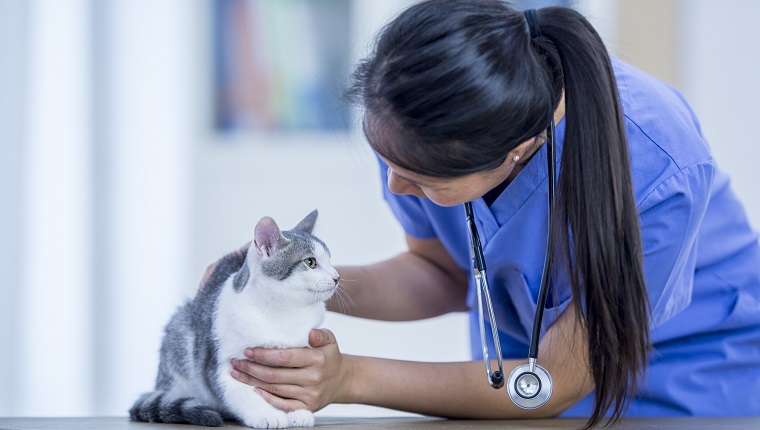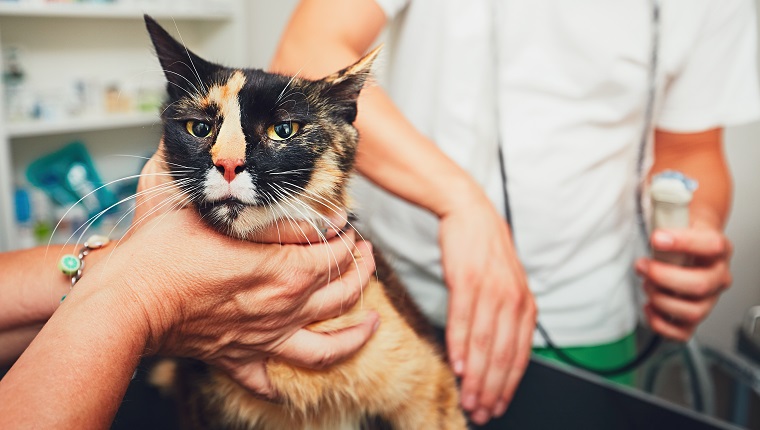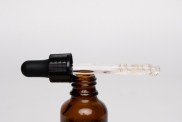Metritis in cats is a condition that causes the lining of the uterus to swell due to a bacterial infection that spreads through the bloodstream. It usually appears about a week after a kitty gives birth.
In some cases, the infection can lead to a cat becoming sterile. Without proper medical care, it can also result in septic shock, so a veterinarian must treat it a serious condition.
If you see signs that your cat might be suffering from this condition, then you must consult your veterinarian for a proper diagnosis and course of treatment. Here’s what you should know about the symptoms, causes, and treatments of metritis in cats.
Symptoms Of Metritis In Cats
Metritis in cats can result in a range of symptoms. Some of the most common general symptoms include:
- Foul smelling discharge from the vaginal area
- Decreased production of milk
- Swollen abdomen
- Fever
- Gums turning a darker shade of red
- Loss of appetite
- Starting to neglect any kittens
Causes Of Metritis In Cats

Metritis in cats most often results from contracting the bacteria Escherichia coli. Some of the ways this infection might happen include:
- Miscarriage or abortion
- Artificial insemination
- A prolonged or complicated birthing process
Treatments For Metritis In Cats
If you think that your cat has developed metritis, then your veterinarian will want to carry out a full physical examination. This will include blood and urine tests, plus an analysis of your kitty’s electrolytes.
In many cases, vets may also find ultrasound imagery useful in confirming a diagnosis. They can additionally analyze a sample of any discharge from your cat’s vaginal area to determine whether they have contracted the infection.
When it comes to treatment, vets usually rely on fluid therapy to start. This will help to restore the balance of electrolytes in the body.
In cases where sepsis has unfortunately developed, the vet will need to administer treatment for shock. In other more advanced cases, vets usually suggest spaying as a treatment measure.
Vets usually prescribe antibiotics for all cases. As ever, if your vet prescribes medication for your feline, it is vital that you accurately stick to the recommended frequency and dosage instructions, along with completing the full course of medicine.
While your cat is recovering at home, vets often advise that you hand-raise any kittens in a litter. This will ensure that a mother cat won’t pass on the infection to her kitties.
Have you ever cared a cat who developed metritis after giving birth? How did you and your vet help your mama cat recover? Tell us all about it in the comments below.









